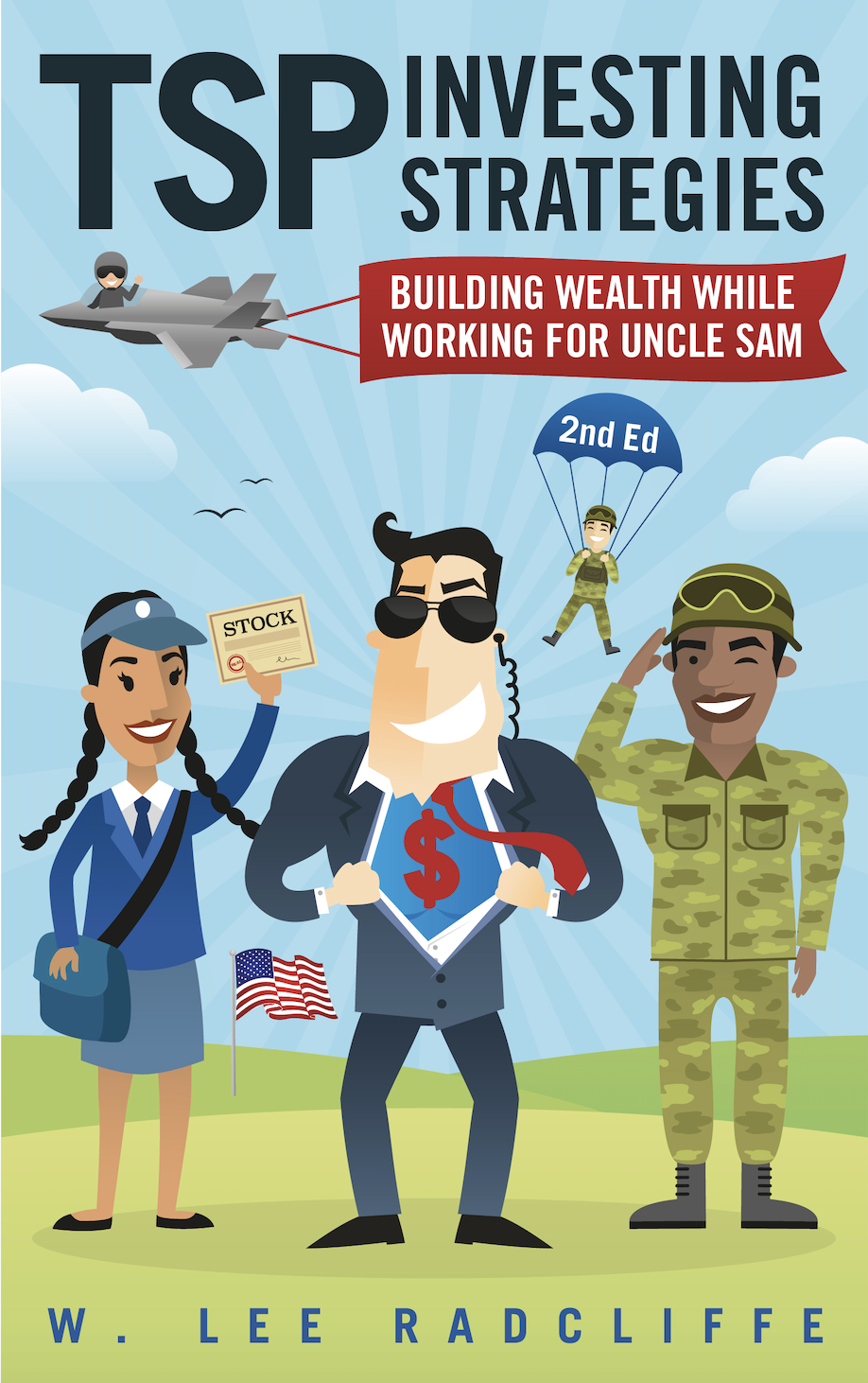The Power of $300 Billion in Assets
September 4, 2012

Photo by Sean Pollock on Unsplash
The TSP as of the end of May held over $305 billion in assets, according to official Federal Retirement Thrift Investment Board (FRTIB) figures. About 44% of that amount, or approximately $132 billion, is invested in the stock funds. This includes investments held directly by TSP participants in each of the stock funds (the C Fund, the S Fund, and the I Fund), and those held indirectly in the L Funds (the Income Fund, the 2020 Fund, etc). The massive investments held in these funds bring a lot of clout to the company that manages them, even if they are passively managed.
(Note: for updated figures on total TSP holdings, see this post)
As the TSP Web site explains, the FRTIB currently contracts with “BlackRock Institutional Trust Company” – BlackRock – to manage the F, C, S, and I Fund assets.*
BlackRock doesn’t appear to make much in fees from managing these passive indexes. For all of 2011, for example, the gross administrative expenses for the C Fund were a miniscule 0.0468%, or $4.68 per $10,000 invested in the fund. According to FRTIB figures cited above, the C Fund as of the end of May held just about $83.5 billion, including the C Fund investments held indirectly in each of the L Funds. The gross administrative expenses generated on that $83.5 billion for the year would equal just over $39 million. BlackRock would receive a portion of this amount for rendering services related to managing these securities according to a passive index strategy.
The gross administrative expenses were similar for the S and I Funds. As of the end of May, TSP participants held just over $28 billion in the S Fund and just over $21 billion in the I Fund, both directly and indirectly through the L Funds. The gross fees on these two funds together would generate close to $23 million for the year, assuming the amounts and the gross administrative fees remained the same.
“…the worlds largest asset manager.” -Reuters
This is a simplified estimate for illustrative purposes only. For all of 2011, TSP administrators spent $133 million to manage the TSP, to include management of technical systems, administrative costs such as salaries and record-keeping, communications with TSP participants, and fees paid to BlackRock for managing the fund investments. Thus BlackRock’s fees would be in the tens of millions of dollars, certainly not a major profit generator for a company with $9.1 billion in revenue in 2011.
Separate from the fees BlackRock receives for managing these funds, however, is the issue of voting rights. Individual owners of company stock get to vote on a variety of corporate initiatives and governance issues in proportion to the amount and type of stock they hold. Most individual investors do not have the number of shares to make any real difference in the outcome of these votes.
However, investment companies like BlackRock, which manage shares on behalf of individuals and institutions such as the TSP, can vote by proxy for the shares they hold. This is because we as individual investors could not possibly be able to make educated votes on the range of issues for the thousands of U.S. and international companies held in the stock funds. BlackRock can thus vote for the shares it holds on issues such as who gets to sit on the boards of these companies and their associated committees, whether mergers are approved or not, and on issues related to employee and executive remuneration and benefits, to name a few. This provides BlackRock with significant clout on Wall Street.
Because BlackRock holds a significant number of shares of most U.S.- and non-U.S.-based companies alike, it has a say in many key areas of corporate decision-making. “BlackRock Institutional Trust Company” is listed among the top five institutional holders of shares outstanding in the ten largest U.S. companies, for example. It is the third-largest institutional holder of shares in the world’s largest company, Apple, with over 24 million shares held as of the end of June. Control of a significant number of shares means that individual companies pay attention to what BlackRock and institutional investors like BlackRock think, particularly in close votes on contentious issues.
As Reuters reported last week, BlackRock is “the world’s largest asset manager,” and therefore its “votes matter to the outcome of many corporate elections…With $1.6 trillion of equity assets, out of $3.6 trillion in total, BlackRock potentially can sway a close proxy battle.” In the most recent quarter, according to Reuters, “[f]unds run by BlackRock went along with management during high-profile proxy contests at JPMorgan Chase & Co and Citigroup Inc…limiting gains by dissident shareholders.”
Thus, even though the fees generated by managing TSP investments are minor, the voting rights provided by investments held for TSP participants and for investors in similar institutional funds give BlackRock a good deal of clout in the board rooms of most major U.S. and international companies.
Click here to read BlackRock’s proxy voting guidelines for U.S. securities, as of March 2012.
*Note that while BlackRock currently manages the four funds, TSP administrators recently announced that management of the F Fund is being recompeted, with the final selection of a new management company expected in mid-November. Recompetes for management of the C, S, and I Funds are expected to be announced soon as well. Barclays Global Investors last won the contract to manage the four funds in 2006, and BGI was subsequently acquired by BlackRock in late 2009 for $15.2 billion.
Related topics: blackrock c-fund f-fund s-fund i-fund l-funds